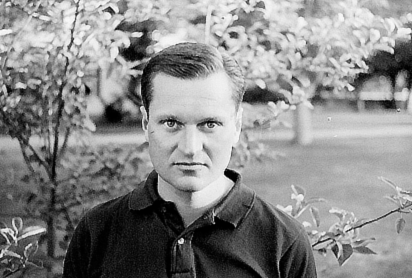I have a number of versions of “Wichita Lineman”, the song written by Jimmy Webb & popularized by Glen Campbell. Here, as an exercise, I’m going to attempt to go through them all & say something about each one. Hopefully the process will teach me something about repetition and variation; I’m also interested in originality, and the idea of standards.
(Also, I need some content to play with on Drupal. That’s the most proximate reason. (The sharpminded may notice that this site is not actually running Drupal which is true – I didn’t care quite enough about Drupal to sort out its confusion and then I moved everything to Drupal including the first six entries or so which I actually wrote a while ago and then forgot about while I was busy doing other things.))
Why “Wichita Lineman”? It’s a nice song, first of all. It’s not a song I can claim to know anything much about – it came out & was popular well a decade before I was born. While I had heard of the song – most specifically in the context of the title of the KLF’s “Wichita Lineman Was a Song I Once Heard”, a track on Chill Out, an album I’ve played more often than just about any – I don’t think I’d actually heard the song, to my conscious knowledge anyway, until I downloaded Glen Campbell’s version a couple of years ago out of curiosity. It’s strange that I never would have heard it, but I don’t think that I had.
As of this writing, I’ve got somewhere over 50 versions, three-and-a-half hours worth. Most – but not all – of these are by artists I don’t know, or don’t know particularly well, if at all. This is somehow nice: there are an enormous range of interpretations, only fixed around a basic structure. They range in time over the past 37 years. Some are very nice; some are abysmal.
Alas, I am a very slow writer.
Precedents for this project (or a bibliography):
- Raymond Queneau, Exercises in Style
- Michael Daddino’s “Send in the Clones”, which started off doing roughly the same thing for “Send in the Clowns”
- Glenn McDonald’s The War Against Silence for its inspiring magnitude.
- Allmusic’s review of Glen Campbell’s version
